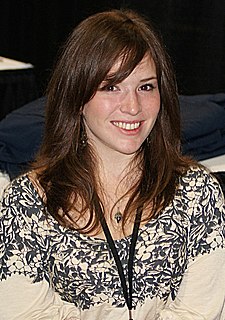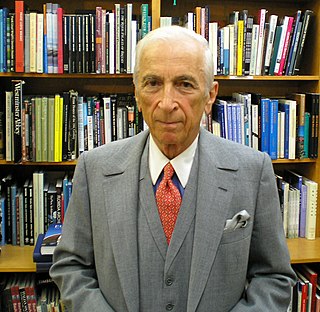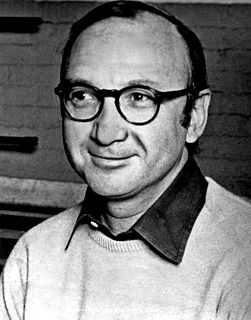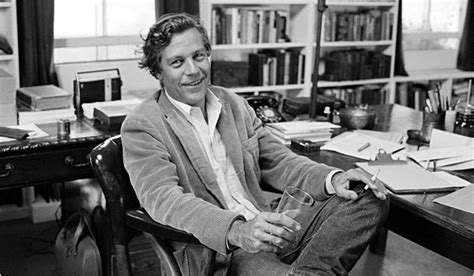A Quote by Larry L. King
Write. Rewrite. When not writing or rewriting, read. I know of no shortcuts.
Related Quotes
Good writing is writing and rewriting and rewriting and rewriting. Sometimes, it happens to work right away, and that's amazing. But most of the time, it happens to work, and then you rewrite and rewrite and rewrite, and maybe it even comes back to the thing it was in the first place, but then you know for sure that it is good, and it's what you wanted to do.
That is as true for fiction or non-fiction. The writer has to really know their subject. It is really important to remember that the readers are a lot smarter than the writer. Also, good writing has to do with rewriting. You will never get it right the first time. So you rewrite and rewrite again until you get it right. Until you, and the reader, will be able to visualize what you're writing about.
I get enjoyment out of writing, but I get absolutely no enjoyment out of rewriting, so I don't do much of it. The more you work on something, certainly, the better it gets. But there's also a pretty clear law of diminishing returns. It drives me crazy to do readings of my books, because if I read anything I've written in the past, I'd like to almost rewrite everything.
I really - I don't take my work that seriously, and I think that's what keeps me loose. If I try to write, if I catch myself trying to write, I'll fall right on my face. I'll see it. If I see in the prose that I'm - 'Boy, look at me writing,' I rewrite it. I rewrite it because I don't, because I think it's distracting.
I tend to write things seven times before I show them to my editor. I write them seven times, then I take them on tour, read them like a dozen times on tour, then go back to the room and rewrite, read and rewrite... I would never show him a first draft, because then he's really going to be sick of it by the twelfth draft.
There were guys in 'The State' who would take one script and rewrite it and rewrite it and rewrite it and fight for it for a whole season, and after a couple of seasons, you realized that doesn't work. You have to just be willing to throw something away, no matter how good it is, and write a better joke.
Place yourself in the background; write in a way that comes naturally; work from a suitable design; write with nouns and verbs; do not overwrite; do not overstate; avoid the use of qualifiers; do not affect a breezy style; use orthodox spelling; do not explain too much; avoid fancy words; do not take shortcuts as the cost of clarity; prefer the standard to the offbeat; make sure the reader knows who is speaking; do not use dialect; revise and rewrite.







































